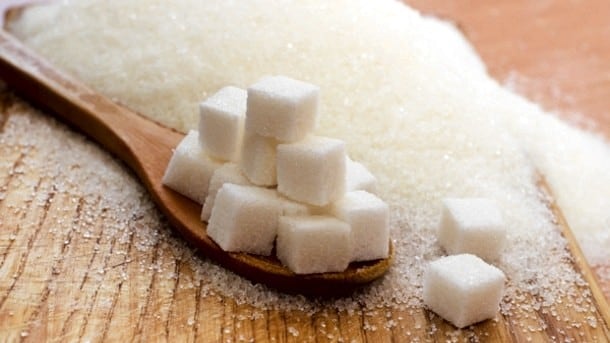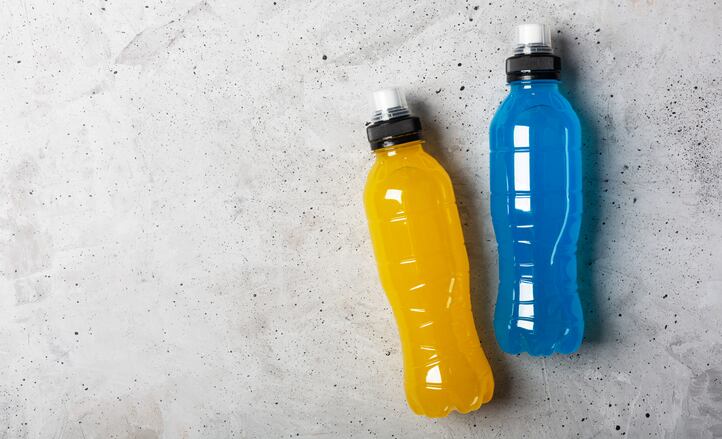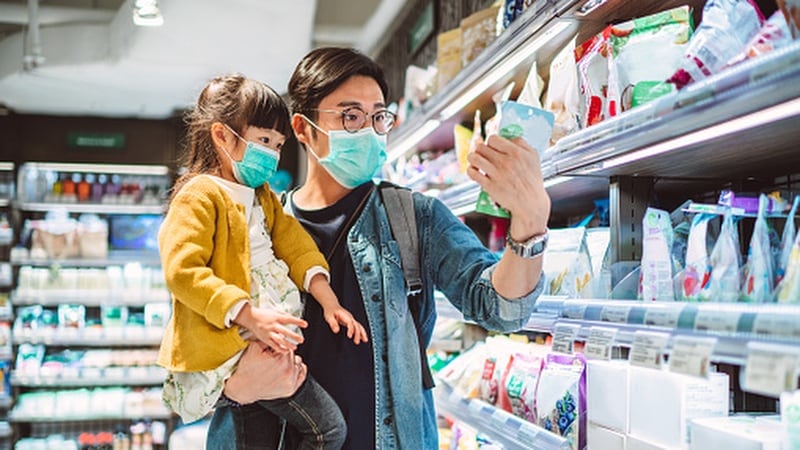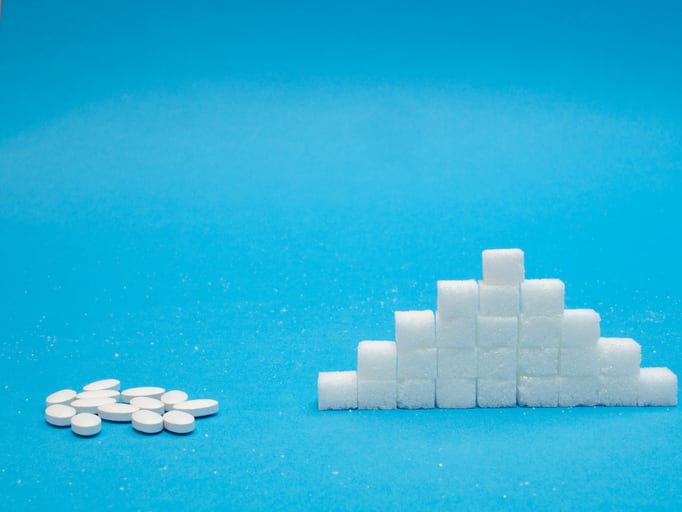Sweetness and sugar features strongly in many Filipino foods and can be exemplified by one of the country’s most popular desserts halo-halo, which is an amalgamation of various sweetened ingredients including pudding, ice cream, multiple sweetened beans and tubers, sweetened purple yam paste, jellies, cheese and more over crushed ice – and then commonly topped off with coconut milk, evaporated milk, syrups or sometimes even table sugar.
This has culminated in the rapid rise of obesity and overweight individuals in the Philippines over the past two decades, according to the national science agency Department of Science and Technology (DOST)
As of 2022 some 27 million Filipinos were either overweight or obese, with the percentage of this having nearly doubled from 20.2% in 1998 to 36.6% in 2019. Even more alarmingly, similar findings were observed in the younger generation where adolescent obesity and overweight rates also nearly doubled from 4.9% in 2003 to 11.6% in 2018.
“Recent data has found that young Filipinos are at a greater risk of obesity, due to the consumption of food that is energy-dense and nutrient-poor, exacerbated by growing urbanisation and increased incomes,” Senator Imee R. Marcos highlighted to the Senate earlier this year when tabling the bill calling for a ban on using added sugar in food products for young children.
“The proposed bill seeks to ensure good nutrition, optimal child growth and development, and better health outcomes for children.
“To this end, the government, and agencies concerned [need to] implement a ban on added sugar in food for young children, [and] producers/manufacturers shall take responsibility to remove added sugar and look for healthier alternatives in their products.”
The bill - which was accepted at congress and has been referred to the Philippines Committees on Trade, Commerce And Entrepreneurship as well as Health And Demography And Finance – specified applicability to all baby food products, infant/toddler products, and the sugar/sugar cane industry.
“Baby food here refers to all consumed food other than breastmilk that is made specifically for older infants and young children aged beyond six months to thirty-six months old,” she added.
“This ban on added sugar in baby food [will specify that] no person or entity shall manufacture, sell, import, or distribute in commerce any baby food containing added sugar,”
“The imposition of no-added sugar baby food shall not prejudice the quality and safety of their food products for children [and] shall be labeled in accordance with the requirements prescribed by the FDA.”
Food products that fall into this category would include any form of biscuits, puffs, purees, snacks, beverages, milk formula and so on made for children between the ages of six months to three years.
Severe penalties needed
In a tabled document, Marcos further called for severe penalties to be leveraged in order to ensure adherence to this ban – going so far as to suggest deportation for foreign violators of this rule.
“Whenever it is found that a baby food contains added sugar, the Department of Health (DOH) shall make the appropriate order for its recall, prohibition, or seizure from public sale or distribution [and violators] shall be subject to a fine not less than PHP300,000 but not more than PP500,000, or by imprisonment of not less than one year but not more than five years, or both,” the document stated.
“If the seller, distributor or manufacturer of the injurious baby food containing added sugar is a foreigner, he shall be deported after service of sentence and payment of fine without further deportation proceedings.”





